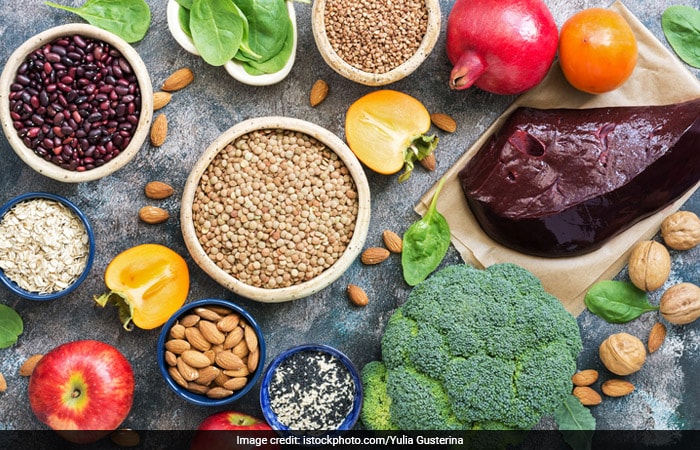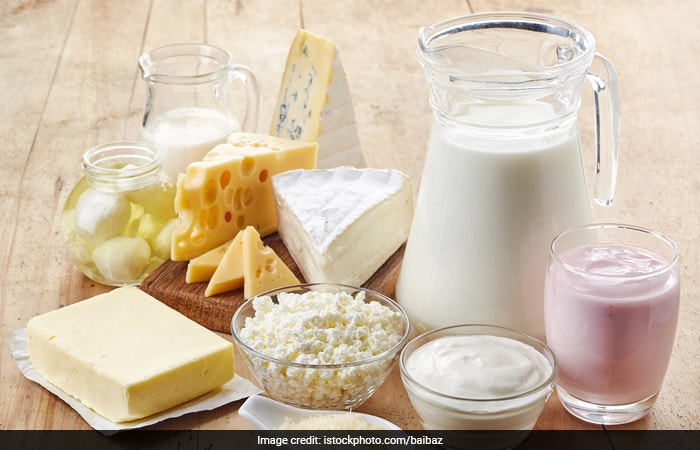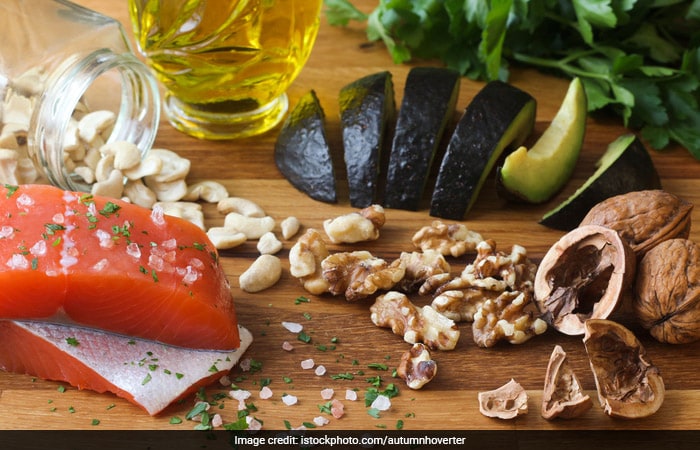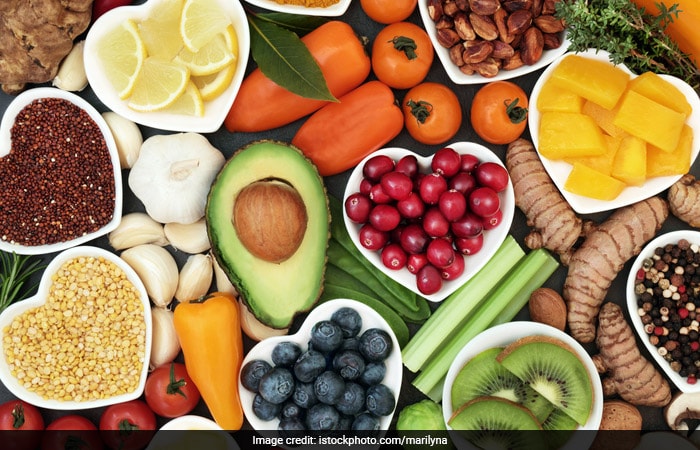What To Eat While Breastfeeding: Experts Suggest Nutrition Tips For New Mothers
According to the World Health Organisation (WHO), breastfeeding provides babies with essential nutrients required for their growth and development. It recommends that breastfeeding should be initiated within the first hour of the birth of a child and the mothers must practice exclusive breastfeeding for up to six months. Dhanya Sooraj, Consultant Nutritionist, National Nutrition Mission- Kerala said that the body of lactating mothers is in the process of making milk throughout the day and the breastfeeding mothers feel hungry every now and then. Thus, the new mothers must fuel their body with nutrient-rich foods to ensure that they remain healthy and baby also grows stronger and healthier. The Nutrition Society of India says that a lactating woman needs about 500 calories more than non-pregnant and non-lactating women. Thus, on an average, a new mother should take 2,500 to 2,700 calories per day depending on her physical activities, said Dr. Charu Dua, Chief Clinical Nutritionist at Max Super Speciality Hospital, Patparganj in East Delhi. Here are some nutrition tips for breastfeeding mothers as recommended by experts.
-
Iron Should Be A Part Of Every Meal
Dr. Dua said that new mothers are required to continue taking iron even after delivery. She said that Iron helps fight Anaemia in mothers and also helps in recovering the loss of blood during delivery. Iron also aids in the development of the baby's brain and blood cells, she said. Good sources of iron include green leafy vegetables, lentils, beans, cashews and jaggery among others.
-
Calcium Is Vital
Calcium is vital for lactating mothers as well as for the growing baby, said Dr. Dua. She further added that if the mother is taking a good amount of milk, she will provide adequate calcium to her baby via her feed which will help develop baby's bone structure and will play a crucial role in the teething process. Calcium will also help the new mother to replenish her body's lost calcium and bone mass lost during breastfeeding. Milk, cottage cheese, yoghurt, and nuts are rich sources of calcium.
-
Omega-3 Fatty Acid Is A Crucial Superfood For Lactating Mothers
Omega-3 fatty acids, according to Ms. Batra, are a superfood that acts as a crucial source of Docosahexaenoic Acid (DHA), which helps in brain development of the baby. She added that Omega-3 fatty acids also aid in the development of baby's eyes, strengthening of the immune system and more. The sources of Omega-3 fatty acids include salmon, flaxseed, soy, walnut and pumpkin seeds among others.
-
Protein Is A Must
Ms. Batra recommends breastfeeding women to consume a diet rich in proteins every day. She says that high protein content of foods such as whole grains, cereals, pulses, dried fruits, fresh fruits, vegetables, eggs, fish and chicken is good for mothers and babies. 'Protein is a must as it helps in the building of tissues and growth of the baby,' said Ms. Batra.
-
Vitamins Promise Multiple Benefits
According to Dr Charu Dua, 'Vitamins hold a special place as they offer multiple benefits to both mother and child.' She further said that vitamin helps in the growth, vision development, strengthening of the immune system, protecting cells from damage and blood clotting in the baby. She prescribes added Vitamin D in the diet every day as it is essential for healthy bones for the mother and the baby. Vegetables, fruits, fresh juices and Vitamin D fortified milk are great sources of Vitamins.
-
Stay Hydrated
Drink water frequently, recommend experts. It is advised that lactating mother should have a glass of water nearby while feeding the baby. Dr. Dua suggests drinking at least 8-19 glasses of water in a day during the exclusive breastfeeding period. 'Breastfeeding every 2 to 4 hours can be dehydrating. Thus, make water your best friend. Water will also help in keeping up milk production. A breastfeeding mother can also consume milk, fruit juices and soups,' she said.
-
Avoid Caffeine And Food That Is Difficult To Digest
Experts recommend breastfeeding women to avoid caffeine. This is because the caffeine in breast milk may agitate the baby or interfere with its sleep. They also advise new mums to cut down the consumption of foods that are difficult to digest like fried or extremely fatty foods or foods that may trigger allergies, in order to prevent colic-like symptoms, rashes and diarrhoea in the baby.








